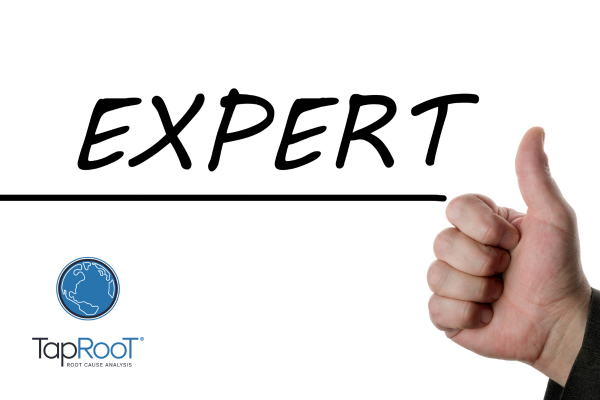Root Cause Tip: Technical Expert Interviews

Collecting information in an investigation often involves interviewing a technical expert. These are people who were not directly involved with the incident but may have expert knowledge about the equipment or work process. You may encounter defensiveness if the technical expert is also the designer of the equipment or the writer of the procedure under investigation. They may be reluctant to give much information and concerned about repercussions.
There are ways to get the information you need to collect from even the most reluctant technical expert. Here are some tips:
- Your experts will appreciate it if you value their time by preparing for the interview and reading all of the necessary documents in advance.
- Write a list of open-ended questions so that if the experts get upset, you can let them vent for a moment, and stay on course by gently guiding them back to the next question. Ensure your list includes technical issues that need to be explained or documented by the technical experts.
- You can help your experts feel more at ease by sending the list of these issues to the expert before the interview so they will know what manuals or drawings to bring. They will also feel more in control knowing what information you expect to receive from them.
- Help the expert feel relaxed before you begin questioning as you would in a witness interview by breaking the ice with questions about the spelling of their names, verifying contact information, and other simple rapport-building questions with easy answers.
For additional training on interviewing and effectively collecting information, consider attending the 5-Day TapRooT® Advanced Root Cause Analysis Team Leader Training. Getting good information is an important practice.
View our public course listing: 5-Day TapRooT® Advanced Root Cause Analysis Team Leader Training



